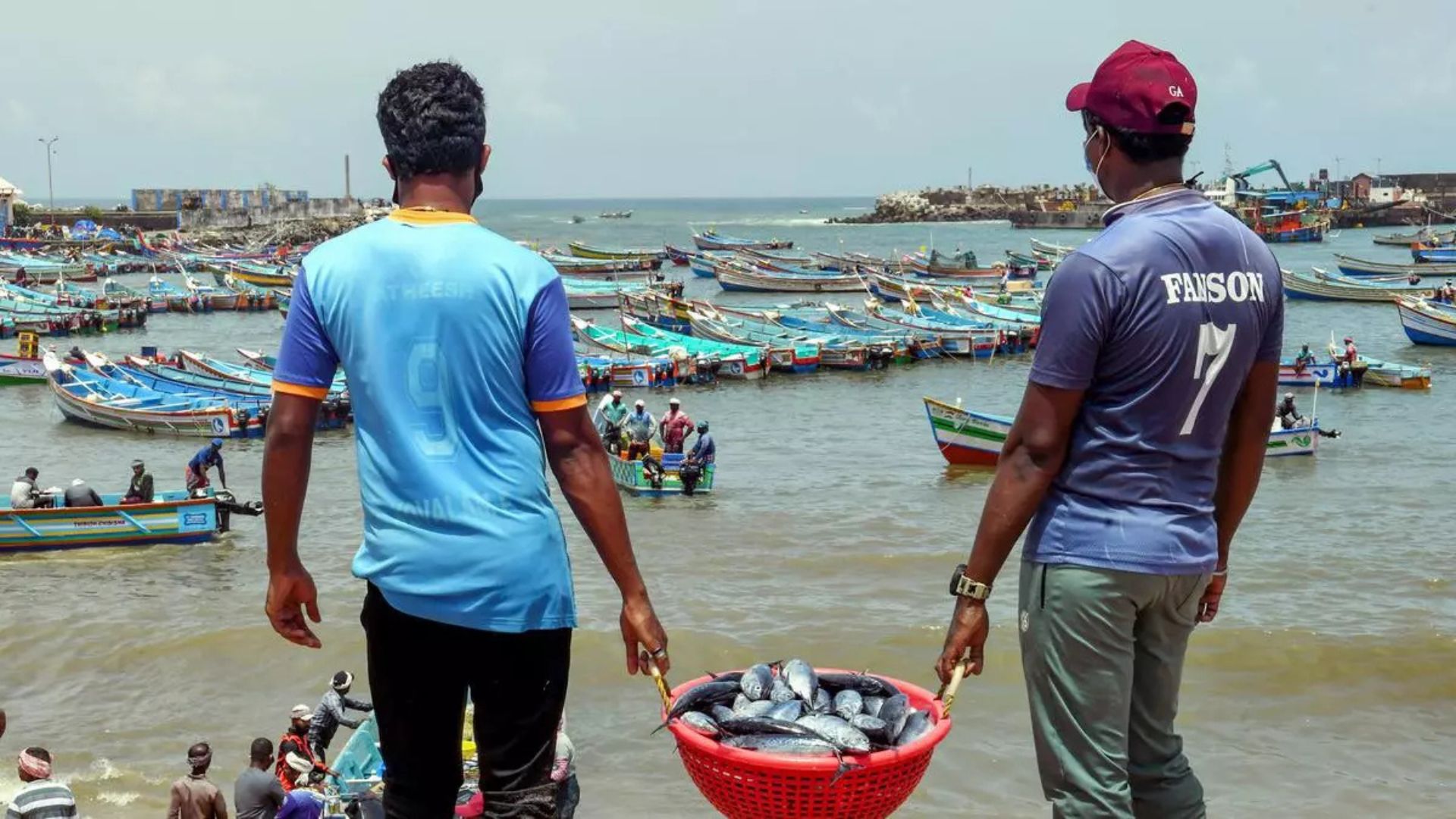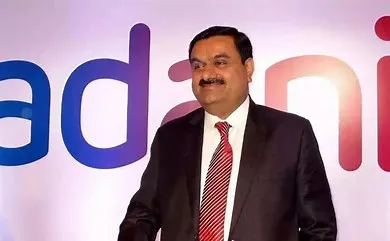India has emerged as the second-largest fish producer globally, contributing 8% to global output, Union Minister for Fisheries, Animal Husbandry, and Dairying Rajeev Ranjan Singh said on Thursday. Speaking at an event organized by the Department of Fisheries on World Fisheries Day 2024, Singh highlighted India’s leadership in aquaculture, shrimp production, and capture fisheries.
Fish production in India has nearly doubled since 2014, reaching 17.5 million tons, with inland fishing contributing 13.2 million tons—surpassing marine fishing.
Key Initiatives Driving Growth
The Union Minister attributed the growth to government initiatives like the Blue Revolution Scheme, Pradhan Mantri Matsya Sampada Yojana (PMMSY), and its sub-scheme, Pradhan Mantri Matsya Kisan Samridhi Sah-Yojana (PM-MKSSY). These programs, along with the Fisheries and Aquaculture Infrastructure Development Fund (FIDF), have driven investments of ₹38,572 crore since 2015.
“These initiatives are transforming the sector by promoting sustainability, increasing productivity, and improving infrastructure,” Singh stated.
Theme: India’s Blue Transformation
The event, held at Sushma Swaraj Bhawan in New Delhi, celebrated the contribution of fishers and stakeholders with the theme: “India’s Blue Transformation: Strengthening Small-Scale and Sustainable Fisheries.” Singh praised the efforts of fishers and fish farmers, noting that over 30 million people are engaged in the fisheries value chain.
Singh highlighted critical challenges, including plastic pollution, carbon emissions from traditional fishing practices, and water contamination. The government is addressing these issues through measures such as reducing plastic use, promoting eco-friendly fishing methods, and improving water quality.
He also acknowledged the sector’s unorganized nature and infrastructural gaps, stressing the importance of reforms like the Fisheries Infrastructure Development Fund (FIDF) to modernize the industry.
Outlining a vision for sustainability, Singh emphasized modern fishing techniques, policy integration, and long-term strategies to maintain India’s global leadership in fisheries production.
Launch of Landmark Initiatives
During the event, Singh unveiled several initiatives to strengthen India’s fisheries sector and blue economy:
- 5th Marine Fisheries Census: For data-driven policy development.
- National Plan of Action on Sharks: To ensure sustainable shark management.
- Regional Plan of Action on IUU Fishing: Collaborative efforts with Sri Lanka, Bangladesh, and Maldives to curb illegal, unreported, and unregulated fishing in the Bay of Bengal.
- GloLitter Partnership Project: A joint initiative with the International Maritime Organization (IMO) and Food and Agricultural Organization (FAO) to combat marine plastic litter.
- Retrofitted LPG Kits SOPs: To promote energy-efficient marine fishing fuels.
- Single Window System for Coastal Aquaculture: Launched by the Coastal Aquaculture Authority for online farm registration.
Additionally, a Memorandum of Understanding (MoU) was signed to establish a framework for the Voluntary Carbon Market (VCM), leveraging carbon-sequestering practices in the sector.
The Ministry of Fisheries highlighted that the fisheries and aquaculture sector is vital to India’s economy, supporting the livelihoods of over 3 crore fishers and farmers while generating employment across the value chain.
“India’s fisheries sector stands as a beacon of progress, addressing both economic and environmental goals while reinforcing sustainable practices,” Singh concluded.














